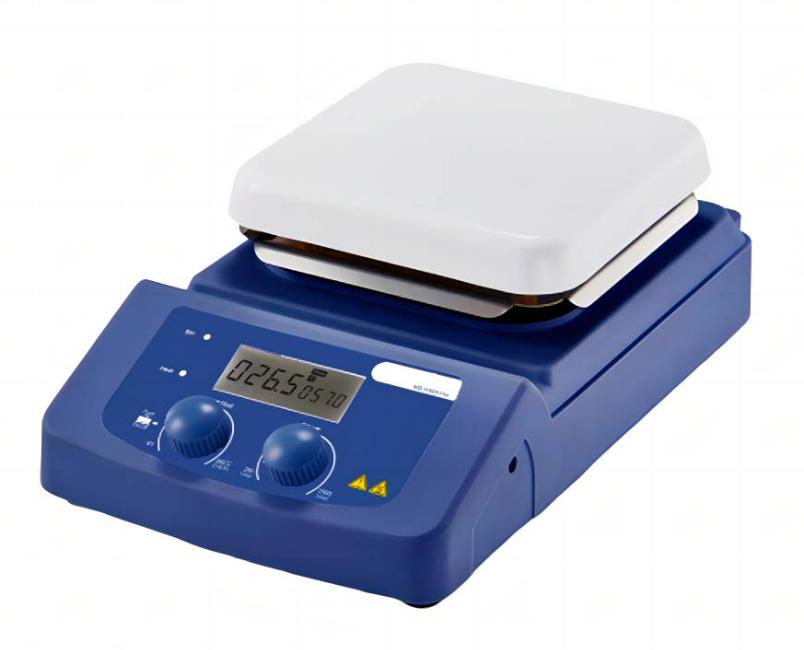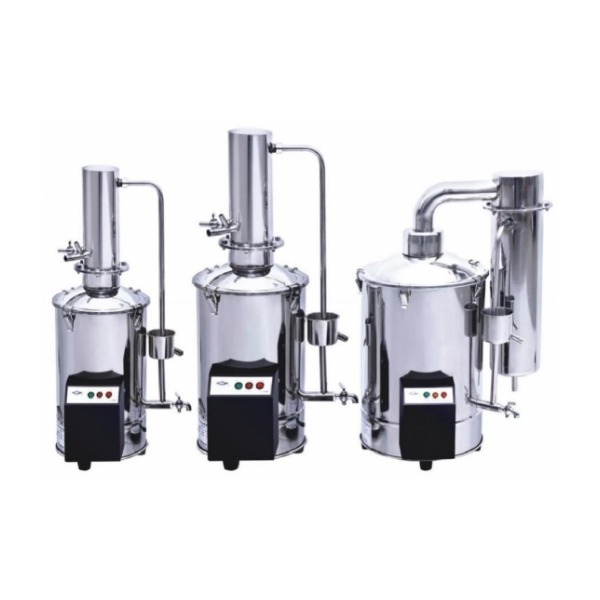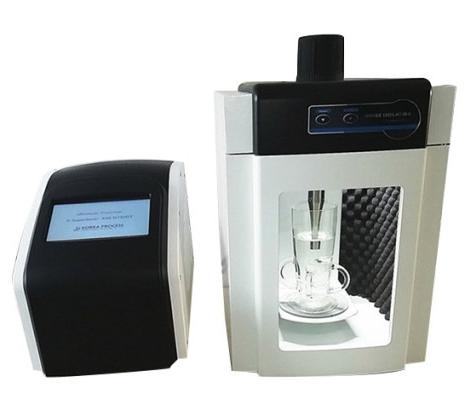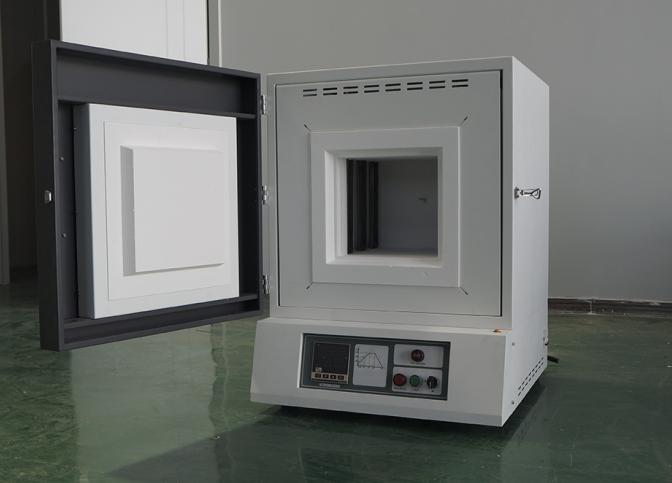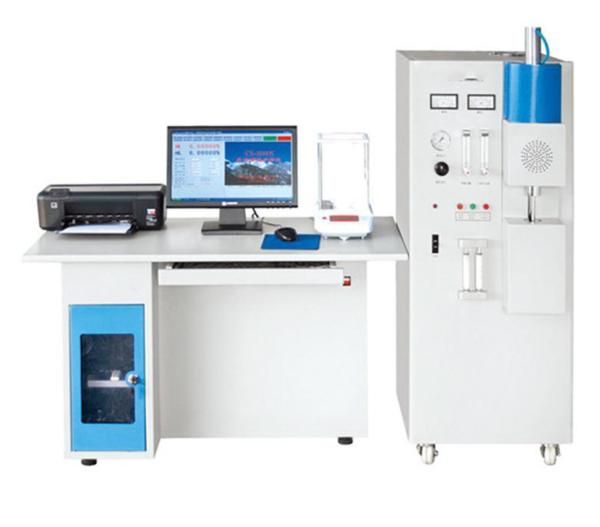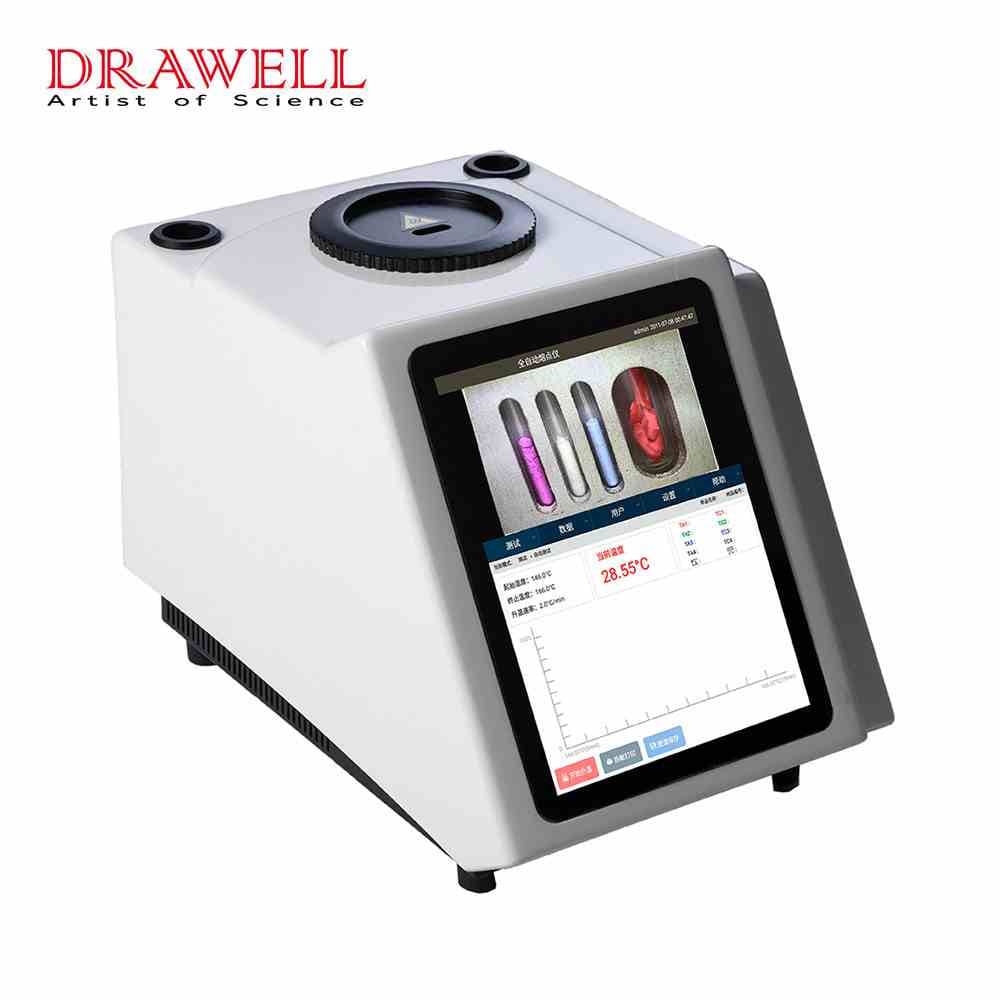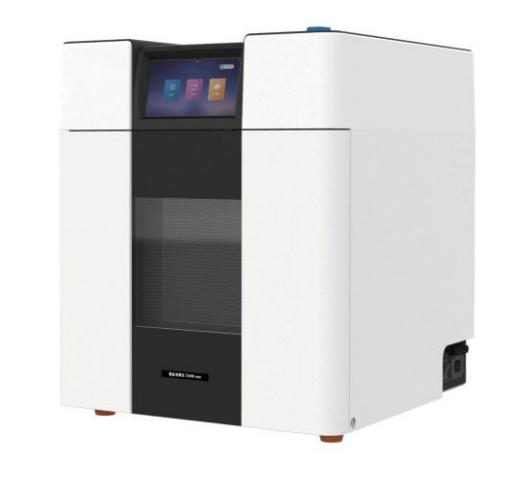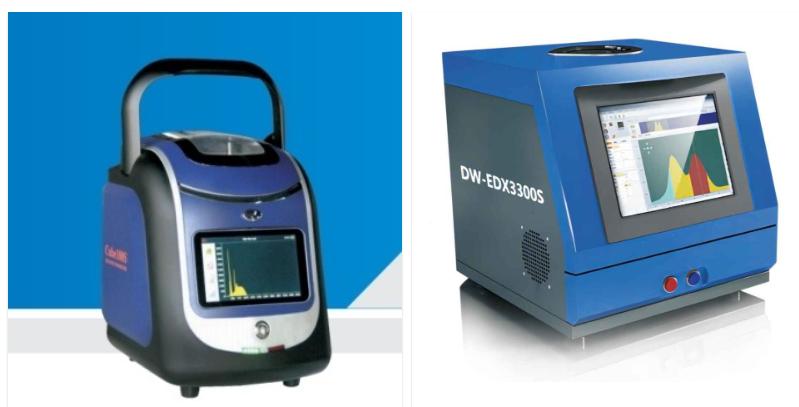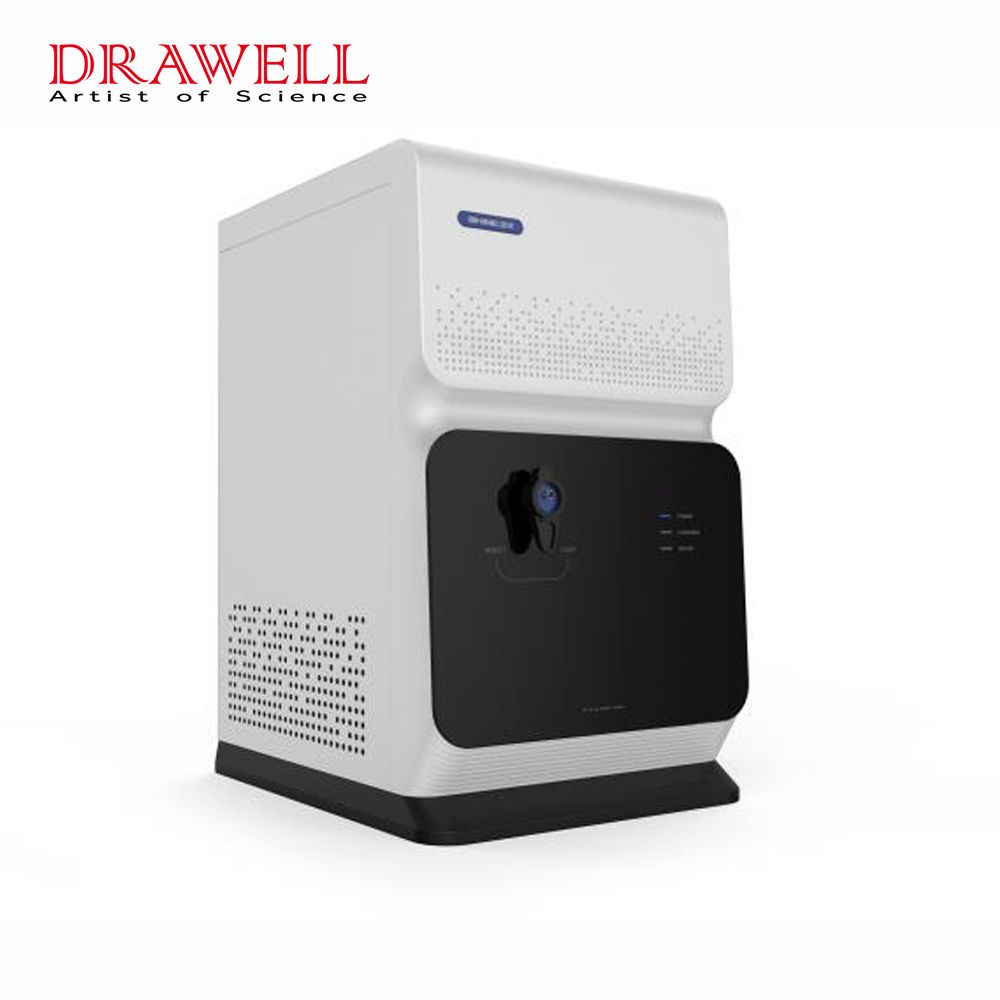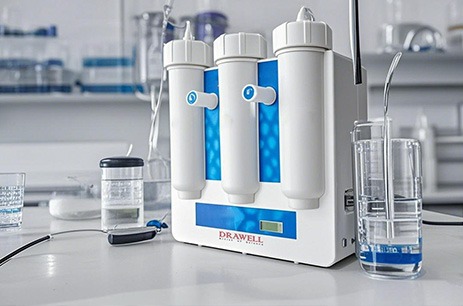News
Are Magnetic Hot Plate Stirrers Compatible with All Liquids
Magnetic hot plate stirrers are essential tools for laboratories, combining mixing and heating into one device. Their versatility allows them to be employed in a variety of industrial and scientific applications. But, a frequent question is the following: Are the magnetic stirrers compatible for all types of liquids? The answer is simple: although magnetic hot plates provide significant advantages…
Stainless Steel vs. Plastic Water Distillers: Which is Better for Purity and Durability
In various settings such as labs, homes, and healthcare environments, water distillers serve as an effective solution for producing pure and clean drinking water. One of the most important decisions for potential buyers is choosing between plastic and stainless steel water distillers. Each has unique advantages and disadvantages in relation to safety, longevity, price, and efficiency….
Ultrasonic vs. High-Pressure Homogenizer: How to Choose for Processing Materials
For the processing of materials, especially in the food, pharmaceutical cosmetics, nanotechnology, and food industries, the necessity for a fast and efficient homogenization process of emulsions and particles resulted in the development of a variety of techniques. The most popular methods are ultrasonic homogenizers and high-pressure homogenizers. Each has its own advantages and drawbacks, making the decision based on needs…
How to Choose the Right Muffle Furnace for Your Specific Applications
When deciding on a muffle furnace for laboratory or industrial use certain critical aspects are to be considered to ensure that the furnace can meet the requirements of your business. The muffle furnaces are crucial for high-temperature applications like sintering, analysis of ash content as well as calcination, materials testing, etc. With the wide range of muffle furnaces…
Do’s and Don’ts of Preparing Samples for Carbon Sulfur Analysis
A precise determination of the sulfur and carbon content is vital across all industries, from ensuring good quality of the steel alloys, to monitoring the environmental impact of emissions to identifying new materials. A carbon sulfur analyzer is an effective instrument to accomplish this goal. However, getting accurate results requires the proper preparation of the sample. This article will provide…
How a Precision Melting Point Apparatus Can Save Time and Improve Results
In the bustling world of chemical analysis, time is often a precious commodity, and the reliability of results is paramount. For decades, the determination of a substance’s melting point has been a fundamental technique for assessing purity and identifying compounds. However, traditional methods, often relying on visual observation through heated oil baths or simple block…
How Does Microwave Digestion System Used for Heavy Metal Analysis
Metal analysis of heavy metals is essential in monitoring the environment and food security as well as pharmaceutical quality control as well as industrial hygiene. One of the most crucial steps to ensure precise measurement of trace metals is preparation. These systems of digestion have become the preferred method for making samples ready for analysis. They offer…
Efficient Sulfur Analyzer: Methods to Save Time and Resources
Sulfur is a common element that has significant implications for diverse industries. The sulfur analysis plays an important function in a variety of industries, such as petroleum, environmental monitoring and agricultural. The accurate determination of the amount of sulfur in a product is essential for ensuring the quality of products, ensuring compliance with regulations as well as minimizing environmental…
6 Differences Between Ion Chromatography and Liquid Chromatography
In the field of analytical Chemistry In the realm of analytical chemistry, the two methods Ion Chromatography (IC) and Liquid Chromatography (LC) stand as effective methods for distinguishing and quantifying the components of liquid samples. Both are part of the same category of liquid-phase separation methods but they work with fundamentally different underlying principles and are designed for specific kinds…
Distillation vs. Reverse Osmosis Method for Different Water Purification Needs
When it comes to water purification, two of the most commonly used methods are distillation and reverse osmosis (RO). Both methods are highly effective at removing impurities from water, but they function differently and are better suited for distinct types of water purification needs. This article will delve into the differences between distillation and reverse osmosis,…


